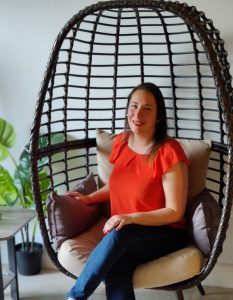
What is the Empty Nest Syndrome and Why You Should Care
Empty Nest Syndrome is the feeling of depression and loneliness that occurs when children are grown and have left home. It is a common occurrence for parents to feel sad, empty, and even a sense of loss when their children leave the nest -home-.
The term Empty Nest Syndrome was first coined in 1969 by Dr. David Levy; the term is often used to describe the feelings of sadness that parents experience when their children leave home, such as after graduating from college or moving out on their own.
What Causes Emptiness in a Parent or Carer?
Nesters are people who have completed their family and are now living alone. This is a time when they have to make a decision about what to do next with their life. For mothers, it can mean the last stage of their matrecensce, when their role once again changes.
The sense of emptiness is the feeling that an empty nester feels after their children leave home for the first time. It is a natural response because it means that there is no one left at home to take care of them and it can be difficult for to adjust to this new lifestyle.
This feeling can last for months or even years, but it can be combated with hobbies, volunteering opportunities, socialising and other activities that can be enjoyed in the time which would have been spent caring and supporting, the now grown, children.
Tips on How to Deal with Emptiness after the Children Leave Home
The emptiness after the children leave home is a feeling that many parents experience. There are many strategies that can be used to help cope with it.
Some of these strategies include:
– Developing new hobbies and interests
– Volunteering for organizations you care about
– Spending time with friends and family
– Travelling
How to support a friend that is going through the empty nest syndrome?
One way to be supporting with friends through empty nest syndrome is by showing empathy and listening carefully to what they are going through. Let them know that it’s normal for them to feel this way and that you’re there for them if they need company or somebody to talk. Other ways include inviting them out on trips or family dinners, or just spending time with them during the day.
DipCHyp, NLPP, HPD, NCH (Reg)
Founder of Mind the Mother; Cognitive Hypnotherapist & Maternal Coach. Laura started her career as a coach in 2012. Mind the Mother is all about nurturing parents’ mind to ease the transition into parenthood. Supporting them from pregnancy (hypnobirthing courses, maternal coaching) to empty nest (with focus on identity support, anxiety and confidence).
Offering 121 Maternal Coaching & therapy; hypnobirthing courses and workshops. Online & in South London.






